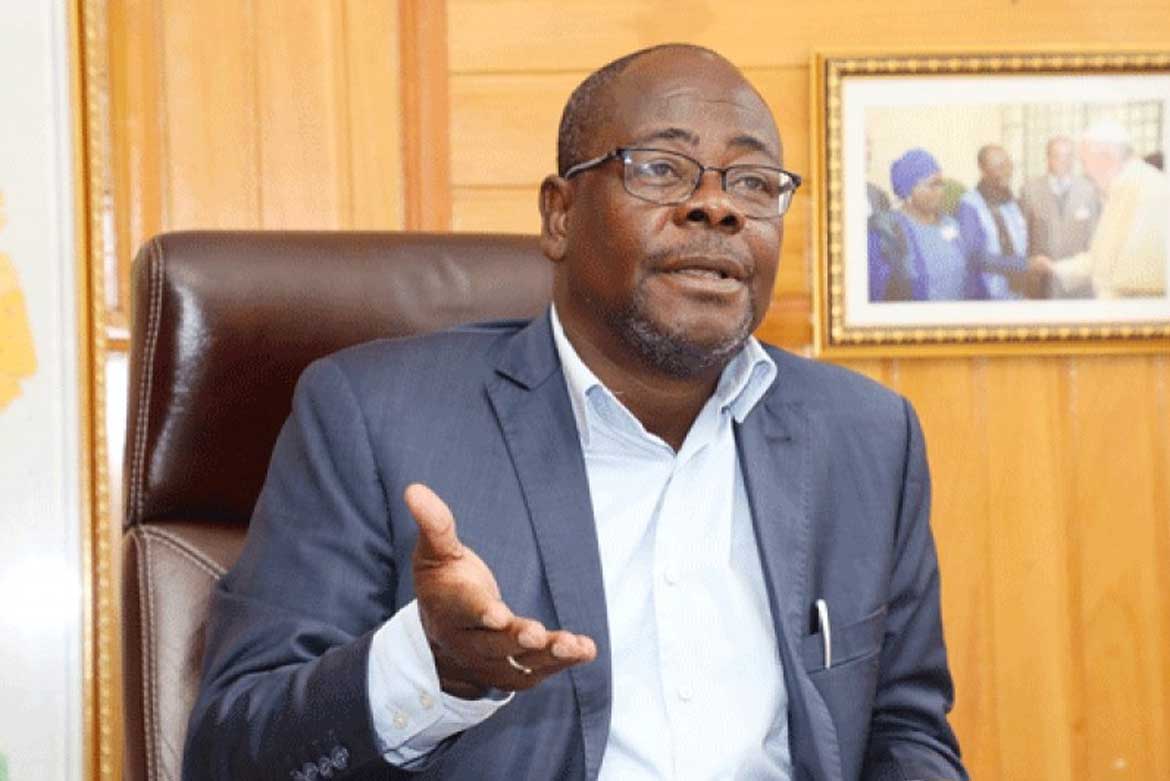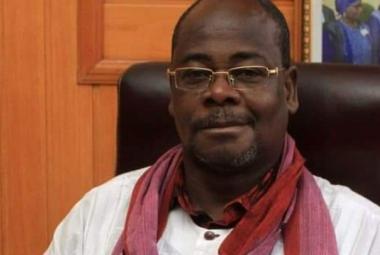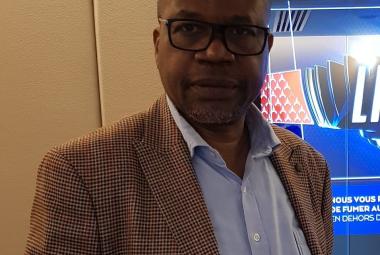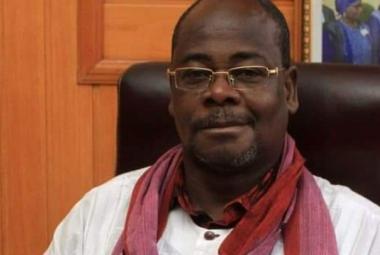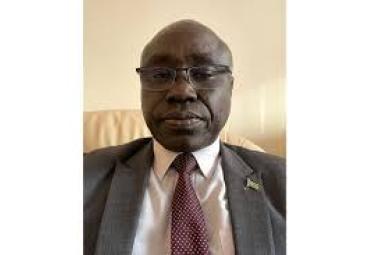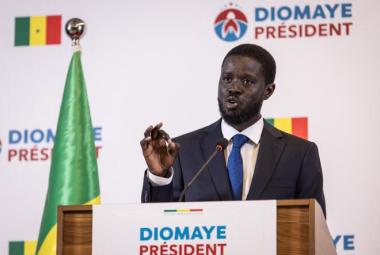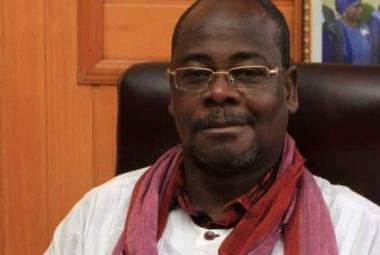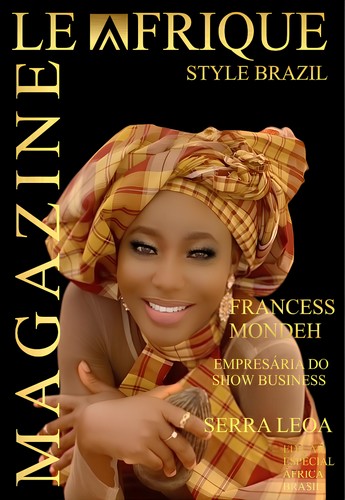In a recent column, I lamented the fact that we are the only continent to produce what it does not consume and to consume what it does not produce agriculturally. We could extend this observation to our languages and more broadly to our culture. Sub-Saharan Africa is the only part of the world where the languages of the colonizers are the official languages, where the national languages are dying, where one finds it chic not to teach one's history and one's mother tongue to one's children, to give them the first names of the colonizers, to pray to the gods and the ancestors of the latter while rejecting his own. The Cameroonian theologian and historian Engelbert Mveng explained this state of affairs as follows: "African evil is a kind of global devaluation of the riches of our being and of our historicity, a vital demonetization of our cultures, our civilizations and our arts of to live, as if all of a sudden, nothing in us no longer represented any value whatever in the concert of the wealth of the peoples. Nothing, except our physical labor force, which will be used as the force of beasts of burden in the "commodification" of human beings where we lost our status as humans".
To come back to languages, we have therefore decided in Black Africa to adopt the languages of our former colonizers and we have even become their most intransigent guardians. Beware of the little-known personality who makes a mistake in French in public. Some of the most common explanations given for rejecting our languages are that we have too many and it is difficult to choose one, and the difficulty of teaching science and technology in our languages. Remember that Africa is a continent, much larger than Europe, and in Europe, practically every country has its own language. Cheikh Anta Diop wrote in “Nations nègres et culture: “one could object to the multiplicity of languages in Africa. We then forget that Africa is a continent, just like Europe, Asia, America; but on none of these linguistic unity is realized; why should it be in Africa? The idea of a single African language, spoken from one end of the continent to the other, is inconceivable, as much as that of a single European language is today".
Apart from France which shares its language with part of Switzerland and Belgium, Italy which shares its own with part of Switzerland and Germany and Austria which share the same languages, all the others European countries each have their own language. It is the same in Asia where each country also has its own language and often its own script. And yet many of these Asian countries were colonized like us. The difference is that they have decolonized and we can see the difference between them and us. Of course we have several languages in our countries and it can seem difficult to choose one.
First, there are languages that have imposed themselves, such as Wolof in Senegal, Bambara in Mali, Swahili in much of East Africa, for example. One could also choose a language because it is easier to learn, like Lingala for example, according to linguists, or because it is already spoken by a large part of the population, or because it is that of traders or that of the majority of the population. Or else it is imposed quite arbitrarily. The other criticism is that of the incompatibility of our languages with science and technology. Why should all the other languages of the world be so and not ours? Why Thai, Korean, Polish, Moldavian, Chinese, Arabic, Vietnamese, English… why would all these languages be compatible with science and technology, but not African languages? It's just because out of laziness, or the effects of colonization, we persuaded ourselves that the language of the White was more beautiful, richer, more civilized. Today, therefore, we are very proud to be civilized people who wear suits and ties by forty degrees, European or Arabic names and above all who speak the language of the White man better than himself. But let's not forget what the Senegalese political scientist and linguist Pathé Diagne said: "there is no rebirth, survival of a personality, a culture or a civilization, where the original language of support disappears . The French Renaissance coincided with the emergence of French, the aggiornamento with that of Italian, the Grundtvig movement with that of Danish. The Soviet renaissance brought to the surface the languages of the USSR, that of China the Han, and the idioms of the minorities".
By Venance Konan
*This article has been translated from French into English by Marcus Boni Teiga



